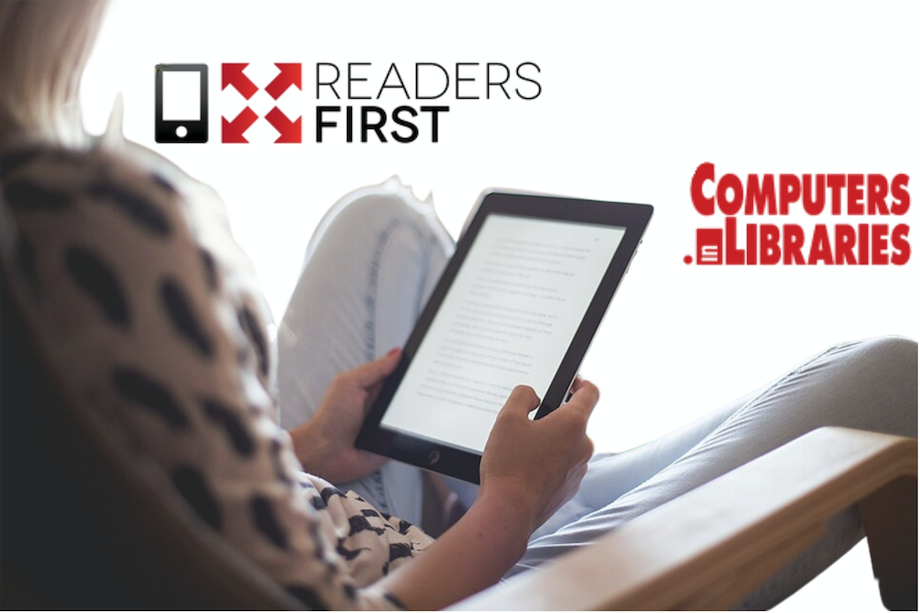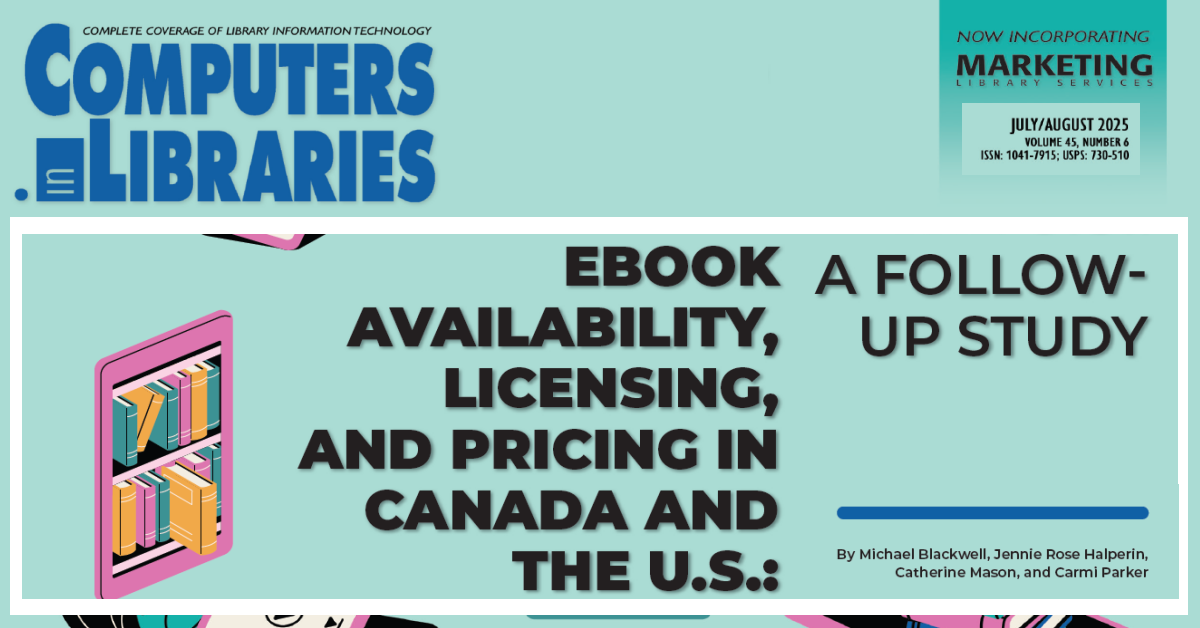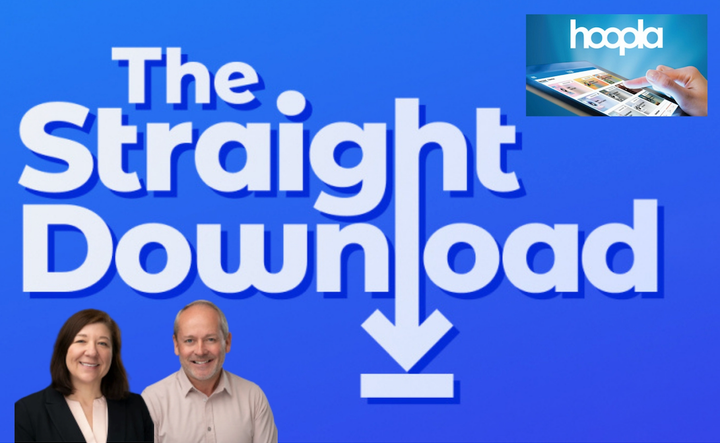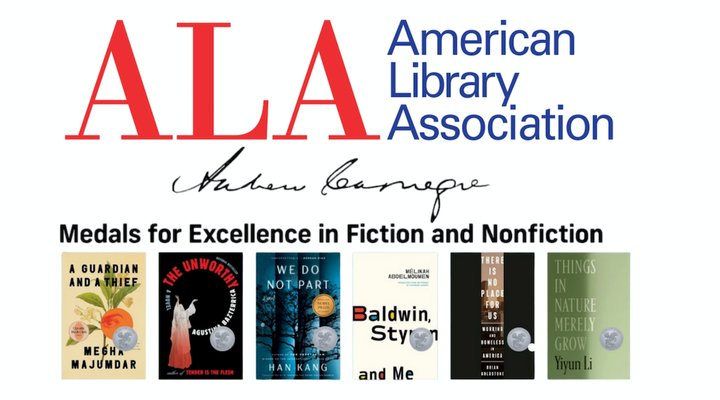New Report Looks at the State of the Library Ebook Market
"The data forces us to conclude, reluctantly, that not only does print still offer libraries a far better bang-per-book than digital, but that for the most popular titles, digital collections are becoming increasingly difficult to sustain," the report concludes.

According to a new study published this week in Computers in Libraries, public libraries in the U.S. and Canada have more licensing options and better title availability for ebooks and digital audio than they did in 2019. But changing restrictions and higher prices from the Big Five publishers are still causing significant problems for libraries, with the cost of providing digital access still greatly exceeding print.

The study is the second such effort undertaken by the ReaderFirst Working Group, with the first published in 2019, modeled after the 2018 E-Lending Project in Australia, which was spearheaded by law professor Rebecca Giblin (coauthor with Cory Doctorow of the excellent book Chokepoint Capitalism: How Big Tech and Big Content Captured Creative Labor Markets and How We’ll Win Them Back).
The paper was authored by Michael Blackwell, director of St. Mary’s County Library and project manager for the ReadersFirst Working Group; Jennie Rose Halperin, director of Library Futures; Catherine Mason, digital buying lead for the Columbus Metropolitan Library and administrator of the Digital Downloads Ohio consortium; and Carmi Parker, a librarian with Whatcom County Library System and executive committee member for the Washington Digital Library Consortium.
Specifically, the current study looked at 204 titles available in 2024 through four vendors in the U.S. (OverDrive, OCLC’s CloudLibrary, Hoopla, and the Palace Project), and three in Canada (excluding Hoopla). Among the report’s key findings:
- The 92.6% ebook availability in Canada and 90.7% availability in the U.S. is up from the previous study’s 84.2%. Big Five ebook titles are available at nearly the same rate as print, while more indie titles are available to libraries than five years ago.
- Led by the Big Five publishers, perpetual access offerings are down from the previous study, dropping to 15% availability in the U.S. in 2024 from 34% of titles in 2019, a trend that “greatly diminishes” the library’s ability to sustain collections over time, with a “significant” impact on cost.
- The main source of the decline in ebook perpetual licensing is the Big Five, with indie publishers "more likely to offer perpetual licenses.”
- In audiobooks, three of the Big Five still offer perpetual licenses, at least for now. “We are concerned, however, that the Big Five will drop the perpetual-access option eventually.”
- Digital audiobooks, while "initially more expensive than ebooks" do not escalate as quickly because there are more perpetual licenses available.
- Time-bound “exploding” licenses remain problematic and unpopular. “With circulation-based licenses, we have some likelihood of a return on what can be a considerable expense.”
- Library ebooks “greatly exceed” print in costs, not only initially but “exponentially over time.” More variety in license options can lower costs, but “seldom guarantee anything approaching print equivalent prices.”
- Library ebooks are significantly more expensive on average than five years ago, with the initial costs for licensing one of each available title in the study for U.S. libraries rising to $47.69 in 2024 compared to $35.54 in 2019.
- High initial license costs—especially on timebound licenses—make broad digital collections a challenge. “Most libraries can’t afford to spend the average $60–$65 for time-bound metered books without having some likelihood of high circulation.”
- Medium, smaller, and indie publishers are more likely to offer lower costs—sometimes even lower than print—with better overall licensing
terms.
The data in the report appears to dash hopes that the library ebook market, which has made significant strides but has also been a source of contention between libraries and the major publishers, might be due for a reset in the wake of the pandemic.
"The data forces us to conclude, reluctantly, that not only does print still offer libraries a far better bang-per-book than digital, but that for most popular titles, digital collections are becoming increasingly difficult to sustain," the report concludes.
The good news? The data shows that Independent publishers are entering the library market in larger numbers and under terms that more closely align with print, offering "some hope" for more cost-effective digital collections.
"The present study makes one thing clear: Medium-sized independent publishers are often giving us much more fair terms than the Big Five," the report states. "If we are to have broad, deep, and sustainable digital collections, advocacy for fair prices and new licensing models is of paramount—and ongoing—importance while short-term refocusing of what we acquire while becoming tastemakers to create demand for often neglected non-Big Five content is recommended."
The study also comes as digital access issues for libraries are beginning to heat up again in state legislatures. Last month, Connecticut became the first state to pass library ebook legislation since 2022, when a first-of-its-kind law passed in Maryland was struck down by a federal judge for conflicting with copyright law. New Jersey has also introduced a library ebook law.



